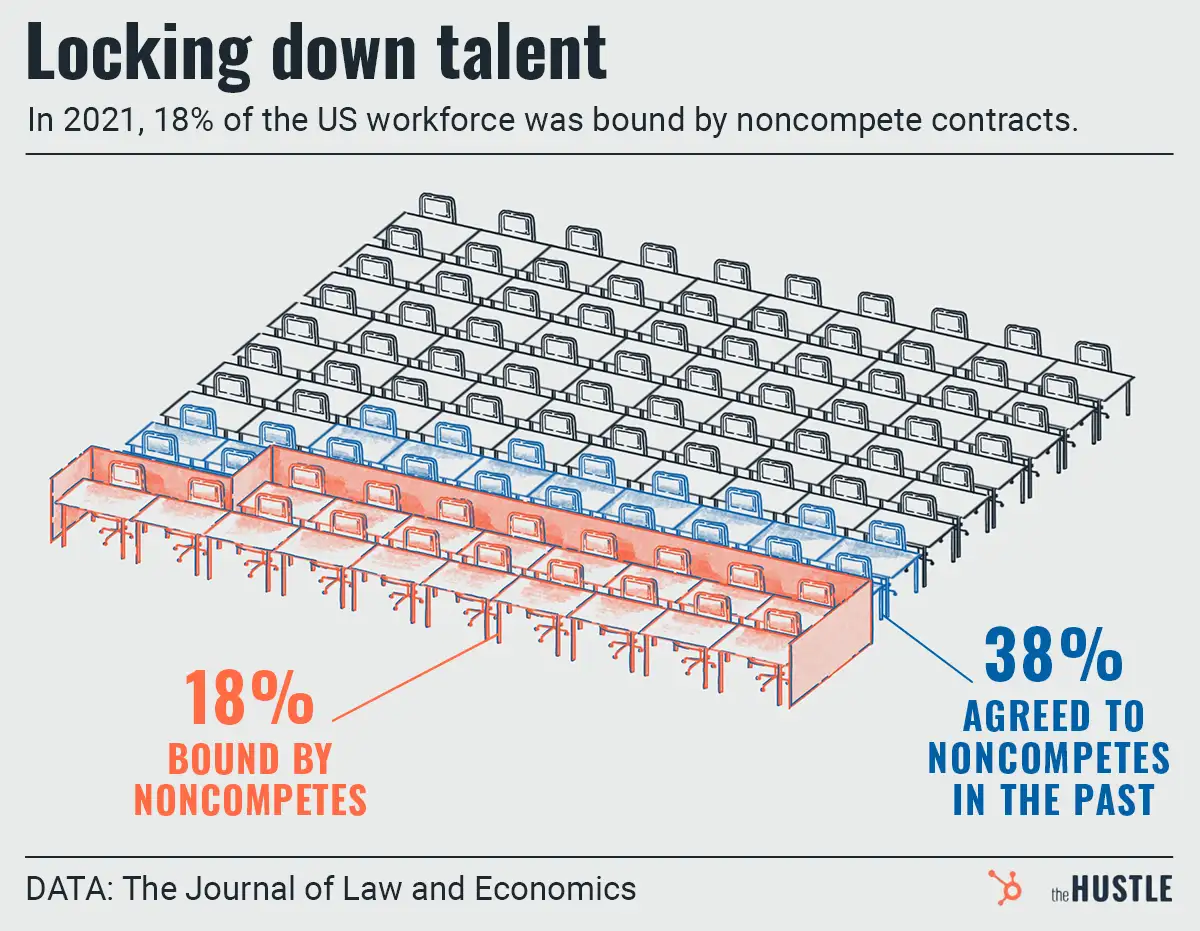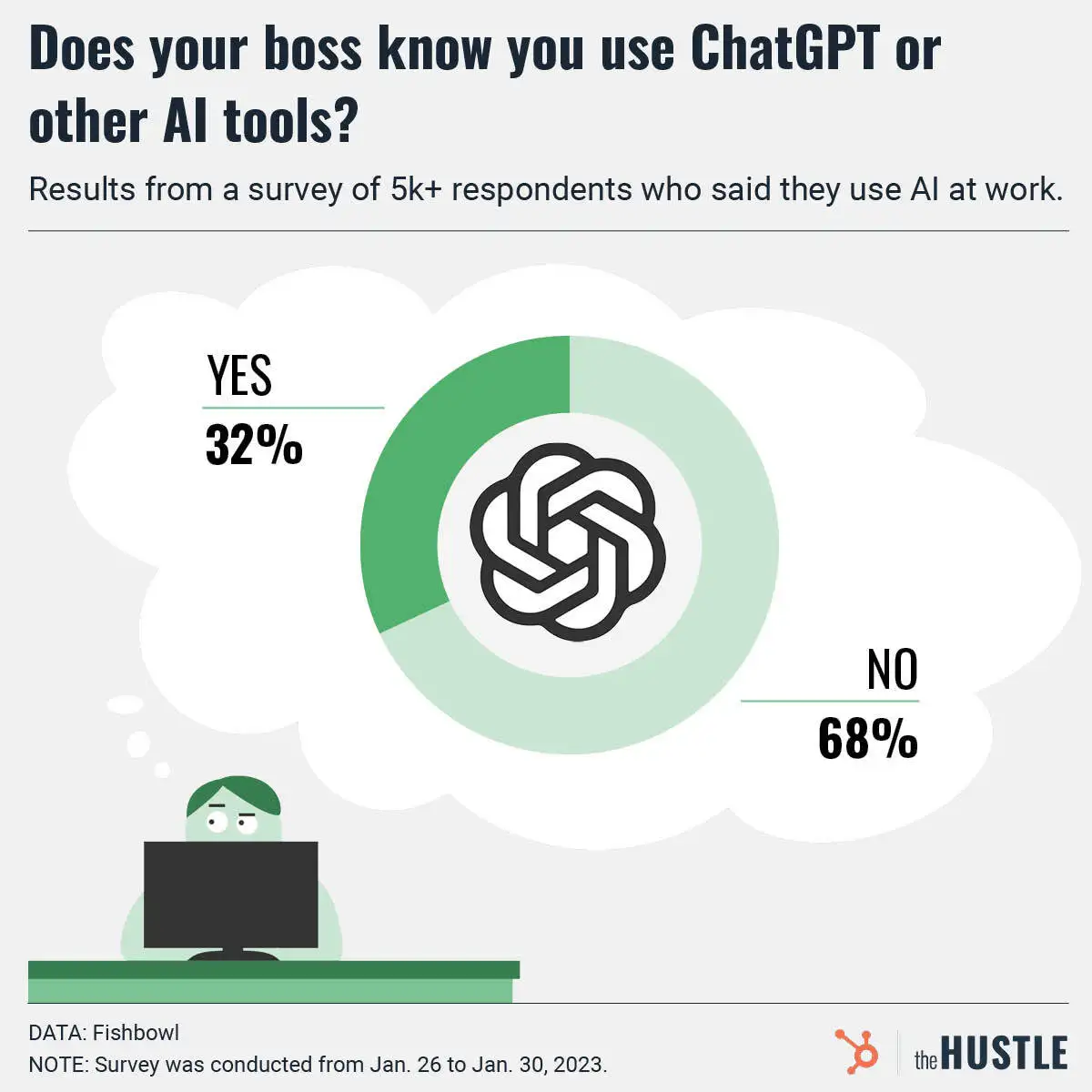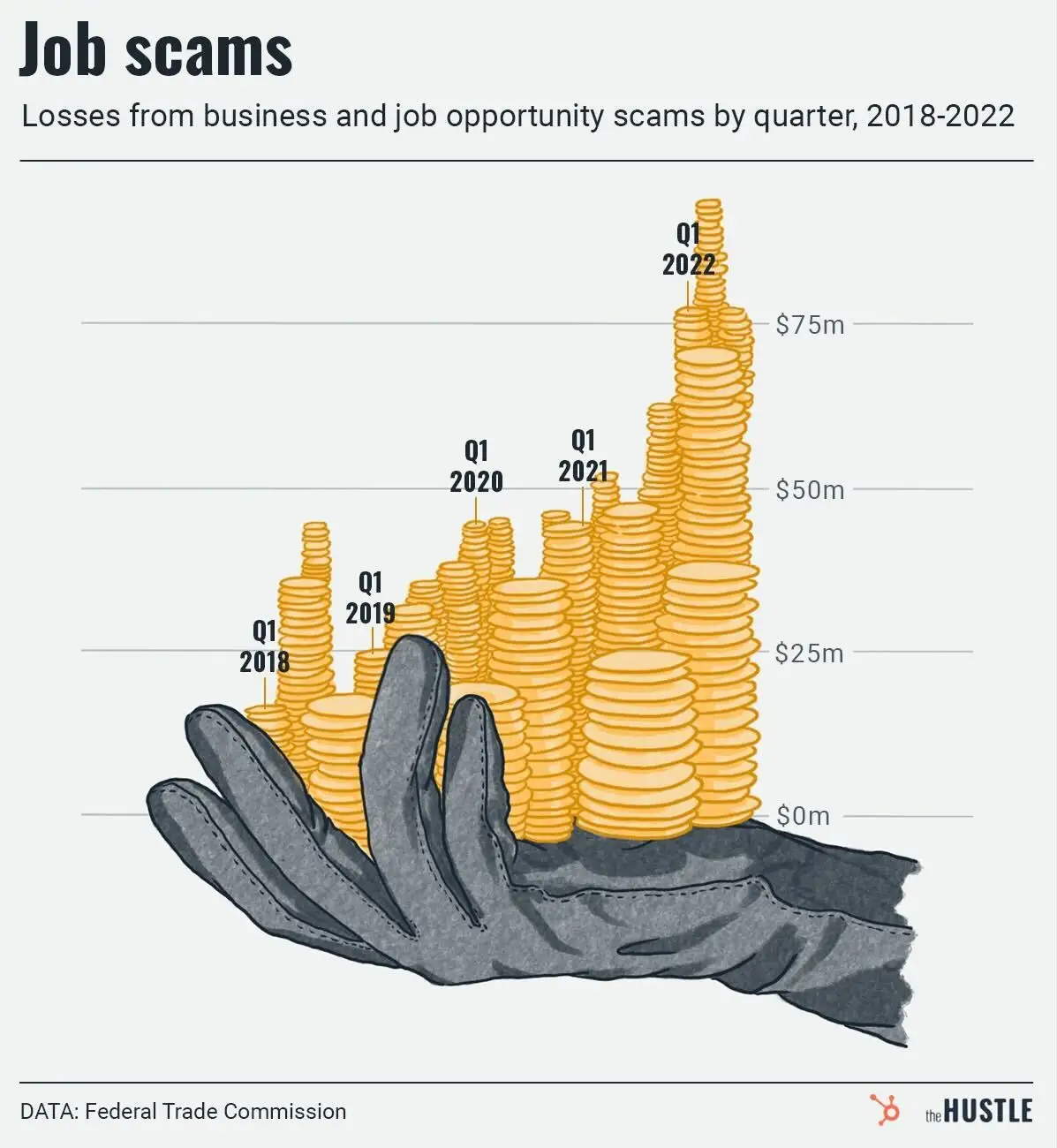
Tech can’t quit remote work: Microsoft edition
Not only is Microsoft making the remote work plunge… it’s rolling out tech to make it more seamless.
Published:
Updated:
Related Articles
-

-

‘Lazy management’ vs. ‘fake work’
-

Climbing the corporate ladder? More like scaling the noncompete wall
-

Office workers dread the commute, spending money
-

Top bosses want you back in the office — like, right now
-

Hey, CEOs… You good?
-

Millions of Americans retired early. Now they want to work again
-

Apparently workers are lying to their bosses about using ChatGPT
-

Ask The Hustle: How Do I Get More Resources From My Boss?
-

Scammers are coming for laid-off tech workers

